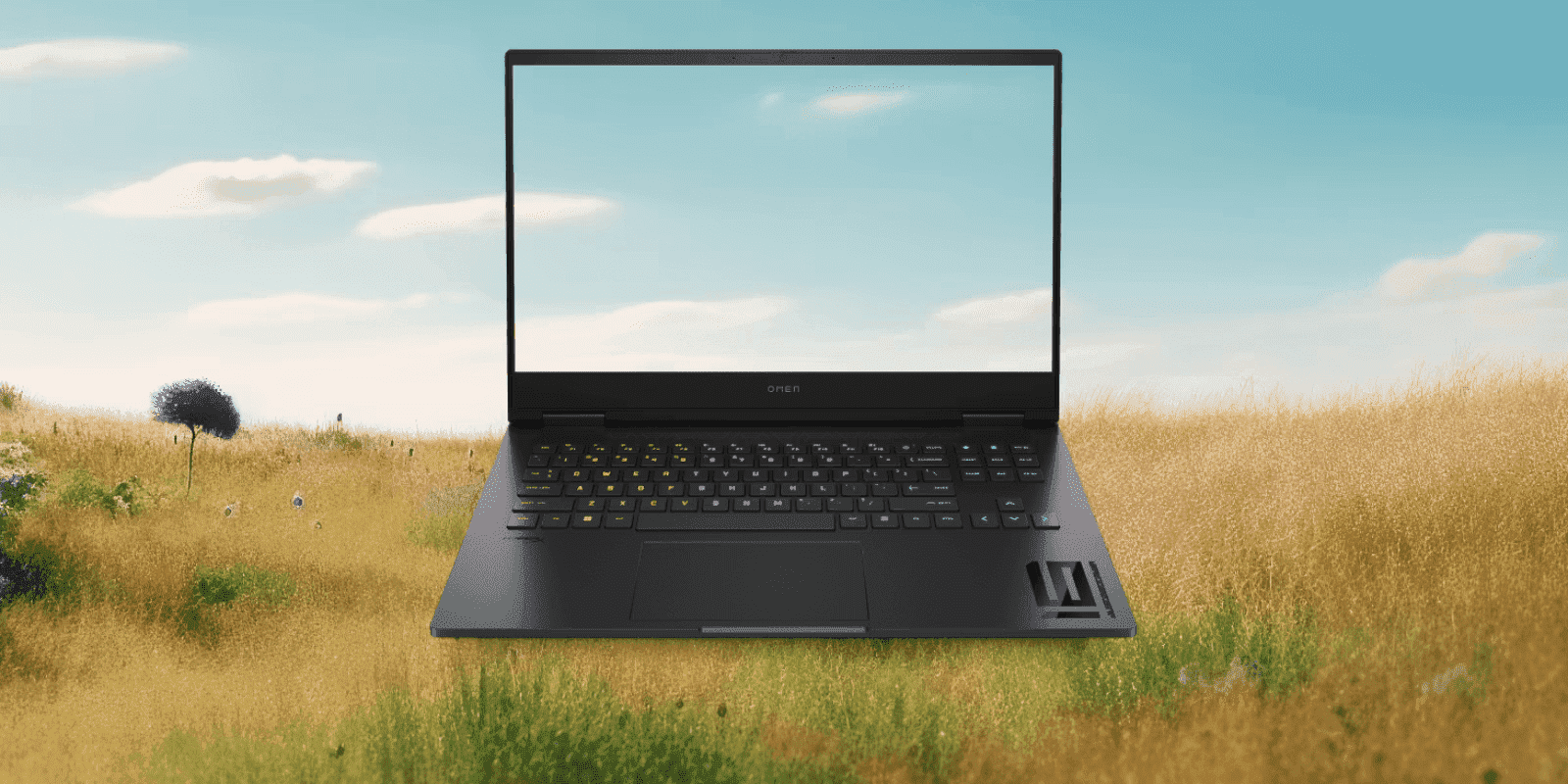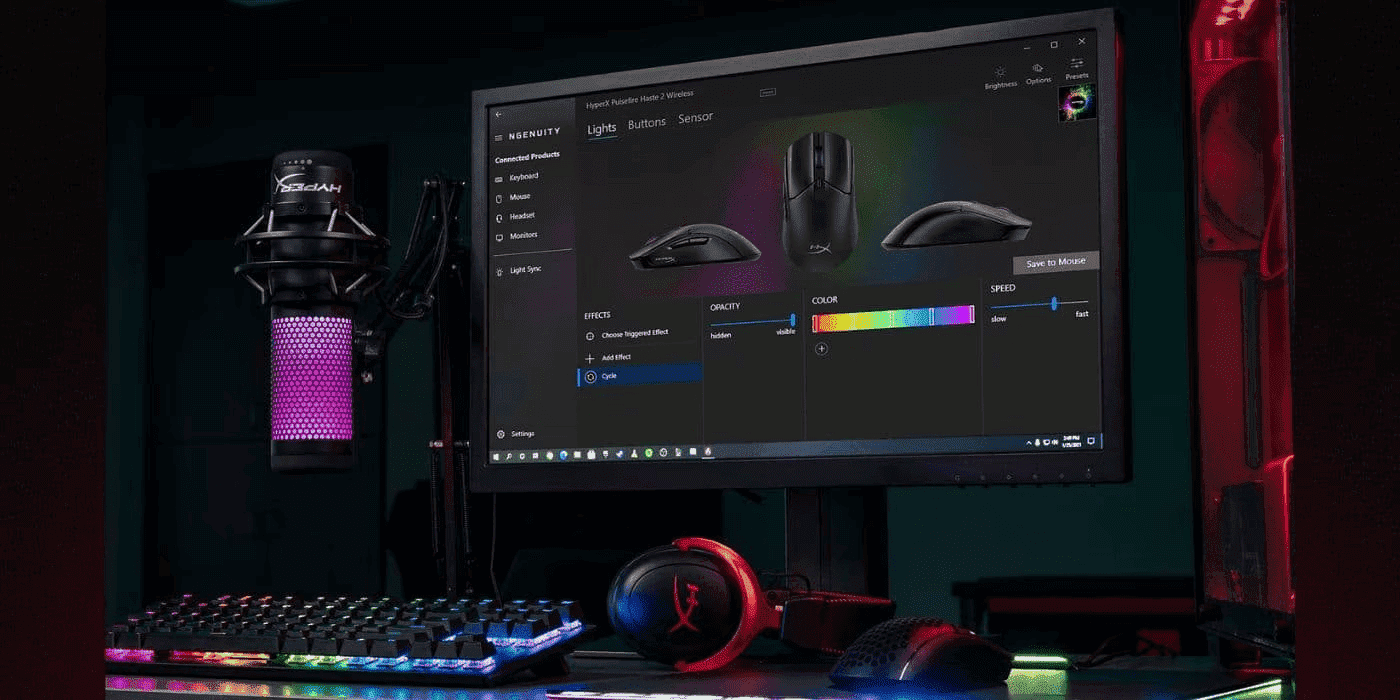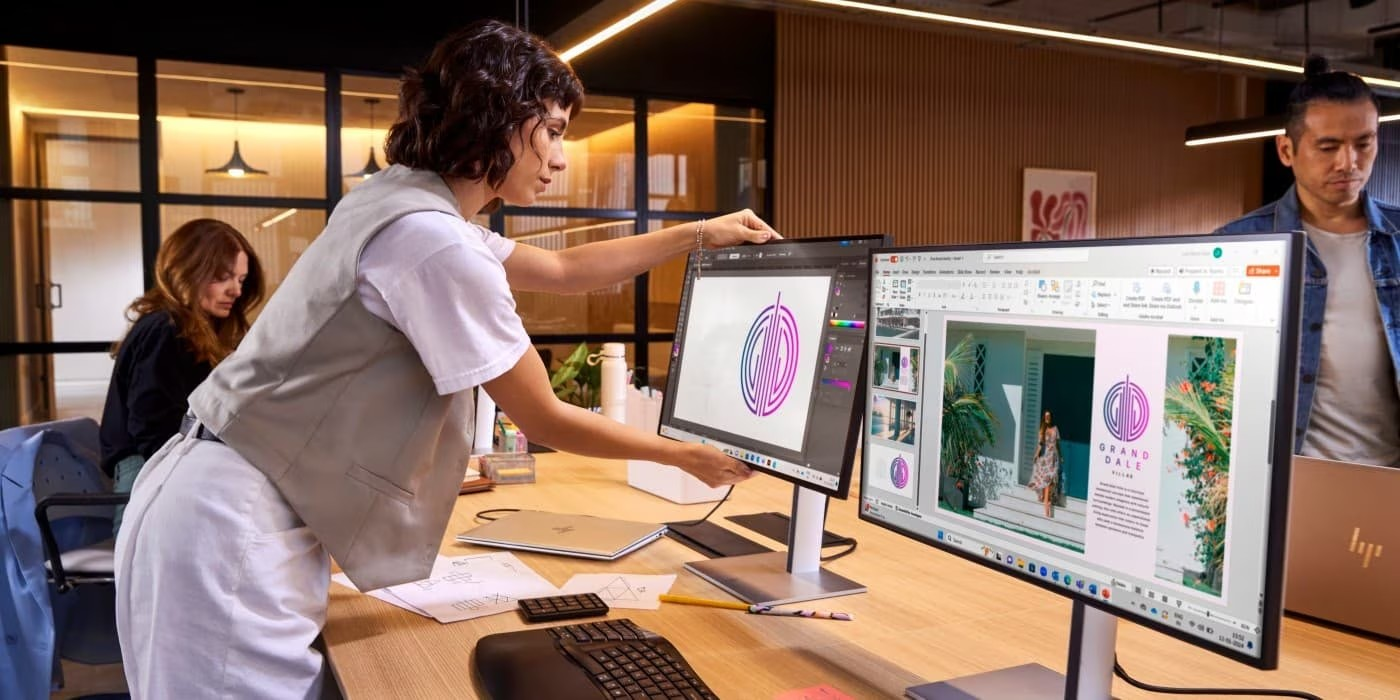Thank you for visiting the MALAYSIA HP Store
-
Contact Us
CONTACT USCall us
- Sales
- 1800 88 4889
- Technical support
- 1800 88 4889
Mon-Fri 8:30AM to 5:30PM
(exc. Public Holidays)
Chat with us- Our specialist are here to help
- Live Product Demo
- Sales
- 60166999350(WhatsApp)
-

Mon-Fri 8.30am - 5.30pm
(exc. Public Holidays)
Live product demo
Store finder Locate our storesSubmit feedback We value your opinion! - Location
- My Account
Tech Takes

-
Posted: January 20, 2025Categories: SecurityRead more »
The focus of IT security often centers on sophisticated software solutions, but the physical security of devices remains equally critical. In 2025, the number of endpoints—devices like laptops, printers, and mobile phones—has surged, making physical assets vulnerable to theft and tampering.
-
Posted: January 20, 2025Read more »
In Malaysia’s rapidly digitalizing economy, the internet has become fundamental to both business and personal life, offering unprecedented connectivity and convenience. However, this digital transformation also brings increased exposure to sophisticated cyber threats, particularly those powered by artificial intelligence (AI). As Malaysian organizations and individuals increasingly conduct business and personal affairs online, understanding and protecting against these evolving threats has become crucial.
-
Posted: January 17, 2025Categories: MiscellaneousRead more »In Malaysia’s rapidly evolving digital landscape, where e-commerce and digital payments are becoming increasingly prevalent, cybercriminals are developing more sophisticated techniques to deceive users. With the widespread adoption of e-wallet services and online banking, phishing has become a significant concern, particularly as scammers leverage artificial intelligence (AI) to create more convincing schemes. This guide will help you identify and protect yourself against these modern threats.
-
Posted: January 17, 2025Read more »
As Malaysia’s urban centers continue their rapid digital transformation, smart homes are becoming increasingly common in residential areas from Kuala Lumpur to Penang. With homes becoming smarter and more connected, the convenience of voice-controlled lighting, self-regulating thermostats, and smart cameras is undeniable. However, these innovations bring increased risks, making robust security measures a top priority for Malaysian households.
This guide explores the current state of smart home security, common vulnerabilities, essential protection strategies, and top systems to safeguard your connected home in Malaysia.
-
Posted: January 17, 2025Categories: MiscellaneousRead more »If you’re a future trend spotter, you know that emotional, physical, and mental wellness affects how productive you are and how happy you feel when the workday ends. You’re not alone—a University of Illinois study shows that a properly implemented wellness programme can improve productivity by 32% and decrease absenteeism by 25%.
-
Posted: January 14, 2025Categories: LaptopsRead more »As online learning continues to grow in popularity across Malaysia, from local universities to international distance learning programs, having an optimized laptop setup has become essential for students. Whether you’re attending virtual classes from your home in Kuala Lumpur or participating in global education programs from anywhere in Malaysia, there are several ways to enhance your online learning experience.
-
Posted: January 14, 2025Read more »
In today’s rapidly evolving digital landscape, cybersecurity has become a paramount concern for both individuals and organizations across Malaysia. With the introduction of Microsoft Copilot in Windows 11, we’re witnessing a significant advancement in AI-powered security measures. As Malaysian businesses and professionals increasingly embrace digital transformation, understanding these security features becomes crucial for protecting our digital assets.
-
Posted: January 13, 2025Categories: MiscellaneousRead more »
The era of artificial intelligence (AI) and advanced supercomputing technology has arrived in Malaysia, and it’s not just a trend - it’s a transformative force reshaping our healthcare landscape. As Malaysia continues to strengthen its position as a regional hub for medical tourism and healthcare innovation, we’re excited about AI’s potential to revolutionise medical care across the nation. In this article, we’ll explore how AI-guided systems, specifically Microsoft Copilot, are transforming healthcare delivery and how HP’s solutions are supporting this technological evolution.
-
Posted: January 13, 2025Categories: LaptopsRead more »
In recent years, businesses and schools have experienced a drastic increase in remote workers and learners. With upgraded technology, it’s now possible for employees to complete work from home and for learners to attain a degree online. This is favorable for many reasons and often benefits all parties.
-
Posted: January 13, 2025Categories: MiscellaneousRead more »In today’s rapidly evolving Indian business landscape, where digital transformation is reshaping industries from IT services to manufacturing, staying ahead of the competition is more crucial than ever. At HP, we’re excited to explore how artificial intelligence (AI) is revolutionising business intelligence (BI), providing organisations across India with powerful tools to enhance decision-making, boost efficiency, and drive sustainable growth. Let’s explore how AI-driven BI is transforming data analysis and strategic planning for businesses of all sizes.
- Sales
- 1800 88 4889
- Technical support
- 1800 88 4889
Mon-Fri 8:30AM to 5:30PM
(exc. Public Holidays)
- Our specialist are here to help
- Live Product Demo
- Sales
- 60166999350(WhatsApp)
-

Mon-Fri 8.30am - 5.30pm
(exc. Public Holidays)
Live product demo


















